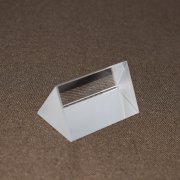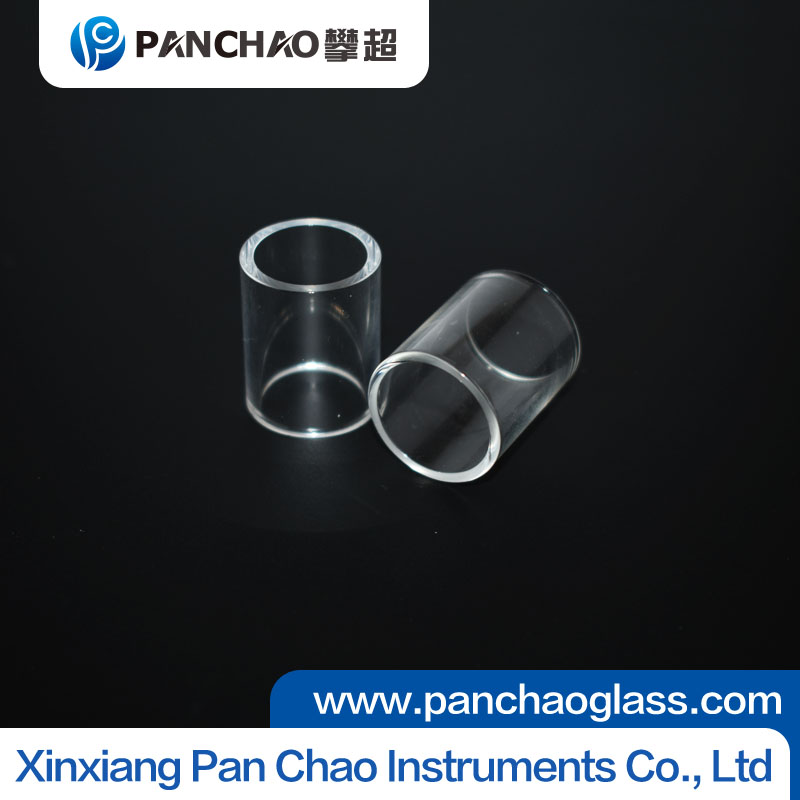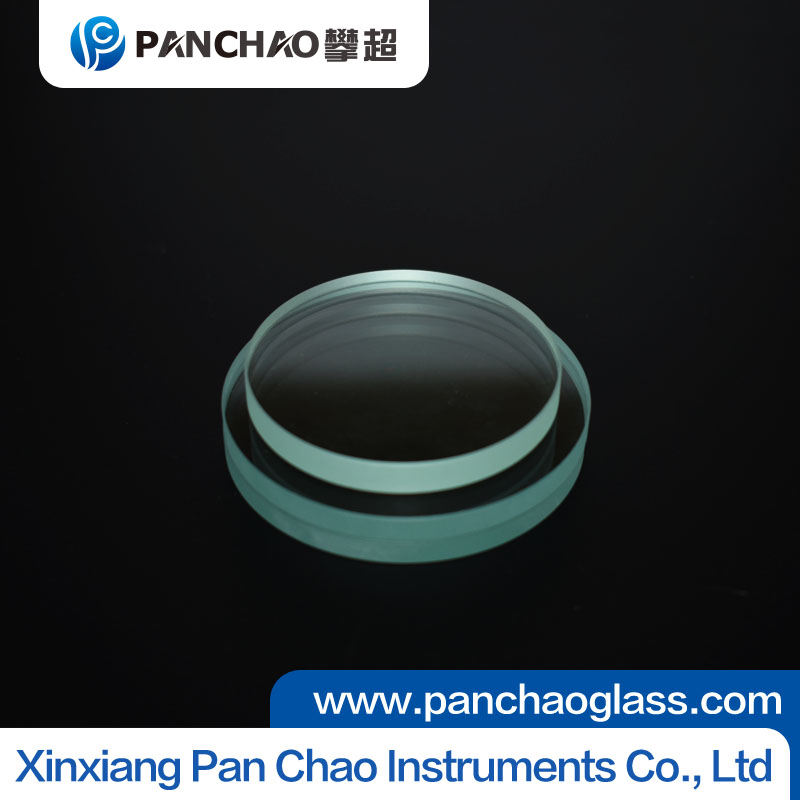
Can Tempered Glass Tubes Withstand High Pressure? Experimental Findings Explained
Tempered glass tubes are widely used in industrial, laboratory, and architectural applications due to their enhanced mechanical strength and safety features. However, when it comes to high-pressure environments, questions often arise about their reliability. Experimental studies provide valuable insights into how tempered glass performs under such conditions.
Tempering is achieved by heating glass to high temperatures and then rapidly cooling it, creating compressive stresses on the surface and tensile stresses within. This process makes tempered glass tubes up to four times stronger than ordinary glass of the same thickness. In controlled experiments, tempered glass tubes have been shown to withstand internal pressures significantly higher than standard soda-lime glass before breaking.
However, while tempered glass does exhibit improved pressure resistance, it has limitations. Its strength depends heavily on wall thickness, tube diameter, and uniformity of stress distribution. In experiments, thin-walled tubes may fail under relatively moderate pressure, while thicker, well-manufactured tubes can handle more demanding conditions. When failure does occur, tempered glass shatters into small, blunt fragments rather than sharp shards, reducing injury risks.
Another important factor is stress concentration. Any surface scratches, chips, or uneven heating can weaken tempered glass tubes, making them more prone to rupture under pressure. Unlike metals, glass has no plastic deformation stage; once the stress threshold is exceeded, breakage is sudden.
In conclusion, tempered glass tubes can indeed withstand higher pressures than regular glass, but they are not universally suitable for extreme high-pressure applications. For processes involving very high internal pressure, materials such as quartz, borosilicate, or metals are often preferred. Tempered glass is best utilized in moderate-pressure environments where both strength and safety are required.
Related articles
- How Heat-Resistant Is Borosilicate Glass Tubing? Why It’s t
- Common Sight Glass Failures and Solutions: Fogging, Cracks, a
- Safety of Tempered Sight Glass: Burst Risks and Protective Me
- Sight Glass in Chemical Equipment: A Detailed Look at Corrosi
- From Boilers to Chemical Tanks: The Critical Role of Sight Gl
- Industrial Applications of Sight Glass: The Transparent Guard
- Industrial Applications of Sight Glass: The Transparent Guard
- Tempered Glass vs. Regular Glass: What’s the Difference?
- Tempered Glass Cannot Be Cut? A Closer Look at Its "Irrever
- Why Tempered Glass is Essential for Building Curtain Walls

Xinxiang Pan Chao Instruments Co., Ltd.
Tel: +86 13343800331
Contact person:Carrie Niu
Fax: 0373 303 0331
Email:sales@panchaoglass.com






